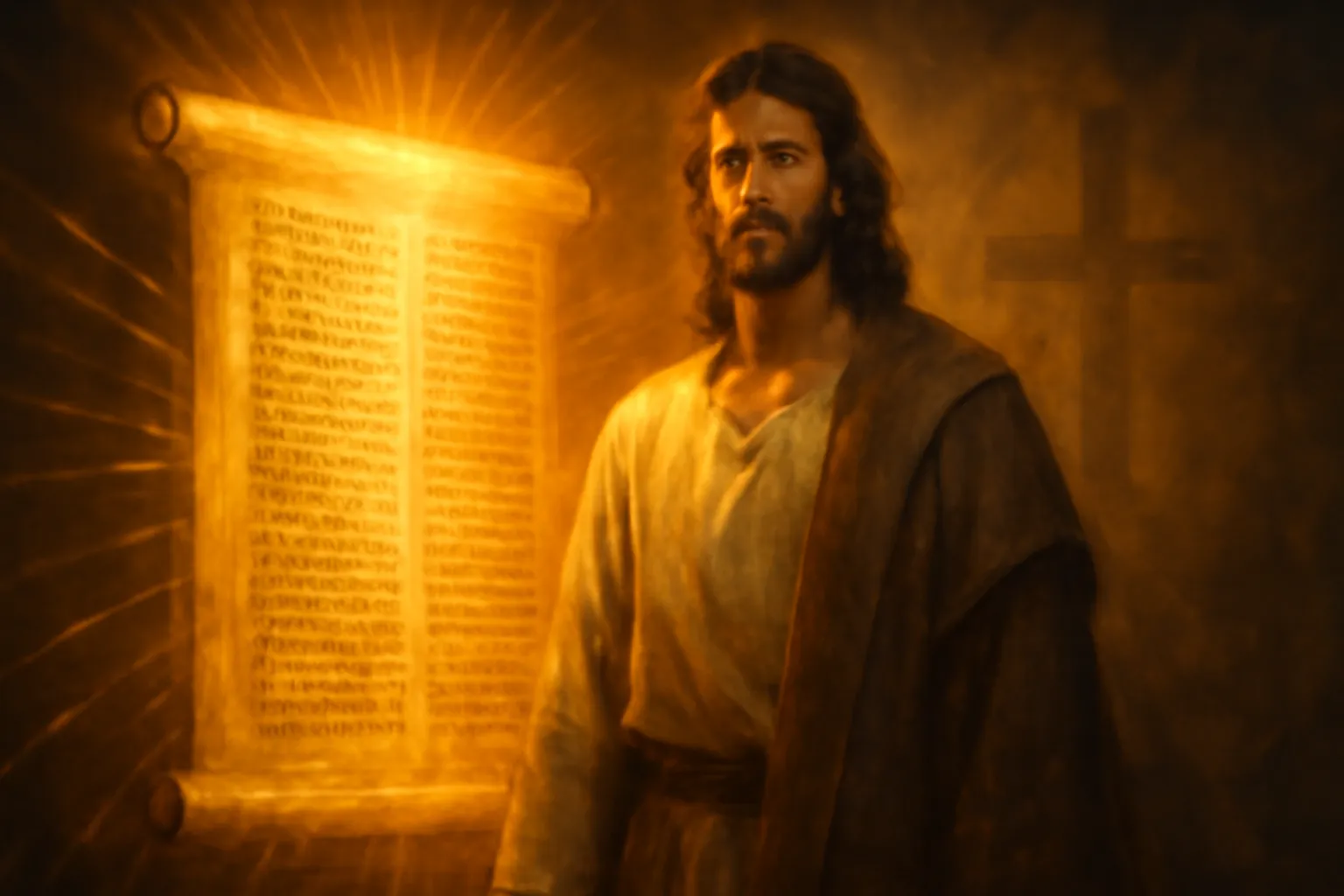Jesus, throughout His ministry on Earth, used parables to communicate profound spiritual lessons in a simple way. These parables were not just stories but were designed to resonate deeply with the people of His time—particularly those who were humble, seeking, or ordinary. Unlike a sermon that might be filled with commandments or complex theological details, parables presented the message in a way that anyone could relate to, making it both impactful and memorable. Jesus was not merely interested in instructing; He was interested in transforming hearts. By using images like a farmer sowing seed or a son returning home, Jesus conveyed the message that anyone, no matter their background, could understand and experience the love and teachings of God. This approach allowed His ministry to touch the hearts of common people, those who were eager to hear, rather than the religious elites who often thought they knew everything already. These parables were not just stories—they were invitations to deeper reflection, to change, and to a life transformed by God’s kingdom.
Jesus’ parables had a unique ability to reach beyond the intellect and touch the heart. He didn’t simply provide doctrinal teachings or instruct on the law. Instead, He used relatable stories—stories about everyday situations like a farmer sowing seeds or a merchant seeking pearls—to convey profound truths about the Kingdom of God. Through these parables, Jesus stirred the hearts of His listeners, compelling them to reflect deeply on their own lives. For example, the parable of the lost coin or the prodigal son is not just about the physical act of losing or finding; it’s a reflection of the heart’s journey back to God. His words exposed the pride of the self-righteous and challenged those who thought they were already spiritually complete. At the same time, they opened up new pathways for understanding and embracing God's grace for the humble and the broken. The parables, while simple in narrative, were complex in their ability to pierce the heart, forcing people to examine their lives, priorities, and relationship with God. They weren’t just stories to pass the time—they were calls to action, to change, and to open the heart to God’s transformative love.
Through several of His parables, Jesus invited His followers to reflect on the kingdom of God as a treasure that is worth giving up everything for. In the parable of the hidden treasure and the pearl of great price, the message is clear: when we truly encounter the kingdom, everything else pales in comparison. The man who finds the treasure in a field sells everything he has to possess it, and similarly, the merchant who finds the pearl of great price is willing to let go of all his other treasures to secure it. These stories challenge us to examine our own hearts and ask ourselves: Is the kingdom of God the greatest treasure in our lives? Are we willing to give up anything that stands in the way of embracing it fully? At the same time, Jesus teaches the importance of patience. Just as yeast works slowly to transform dough, the kingdom of God grows in our lives at a pace that may not always be immediately visible, but it is sure. In moments of doubt or frustration, Jesus encourages us to trust in the process, knowing that even the smallest acts of faith and obedience can grow into something great in God's time. Whether it's a single prayer, a small act of kindness, or a step of faith, God is at work in our lives, even when we can't see it. The key is patience and trust that, in time, the work He has begun will come to fruition.
In some of His most challenging parables, Jesus painted vivid pictures of the final judgment and the state of our hearts in relation to God’s Kingdom. For instance, the parable of the Dragnet describes a scene where fish of all kinds are caught, and in the end, the good fish are separated from the bad. This illustrates the coming judgment, where those who have embraced God’s kingdom will be gathered in, while those who have not will be cast out. Jesus uses such parables to remind us that, although God is patient, there will come a time when the separation will occur. The kingdom is freely offered to all, but we must choose to receive it. Jesus also calls His followers to be ready and vigilant, as in the parable of the Ten Bridesmaids, where only those who are prepared with oil in their lamps are allowed to enter the wedding feast. The message here is one of urgency and preparedness. The kingdom of God demands more than just good intentions or outward appearances—it requires sincere commitment and a heart fully surrendered to Him. These parables force us to confront our own priorities and ask ourselves if we are living with eternity in mind. Are we making choices today that reflect the eternal value of God's kingdom? Or are we distracted by temporary pleasures and distractions that keep us from fully embracing His call?



